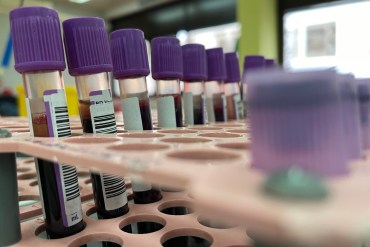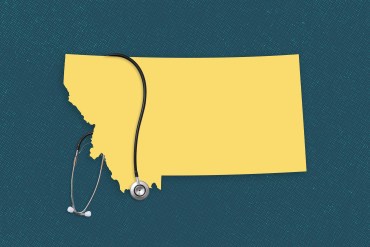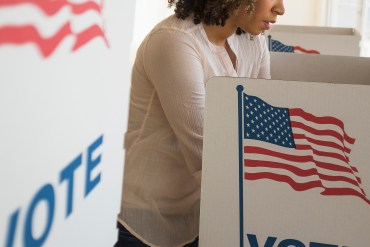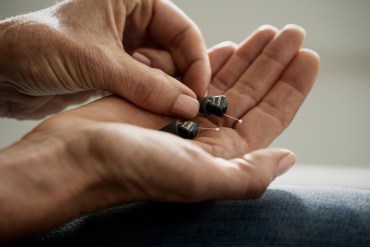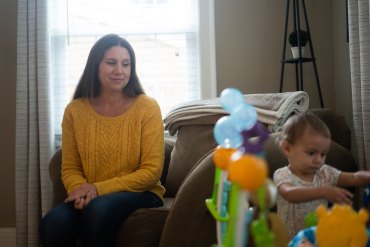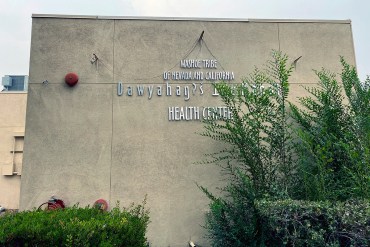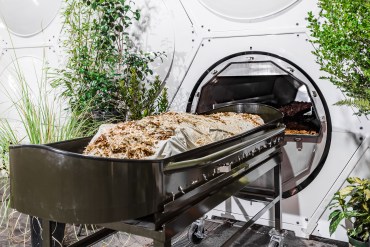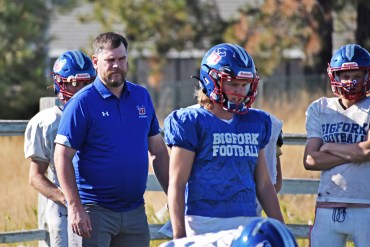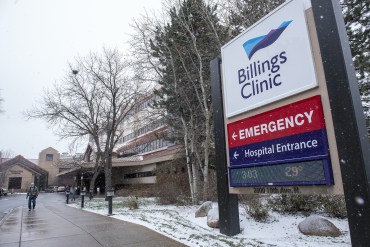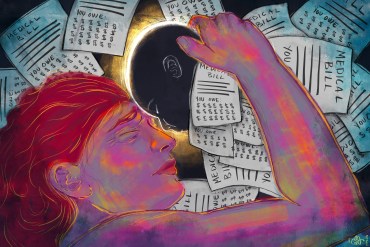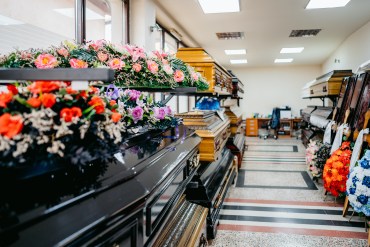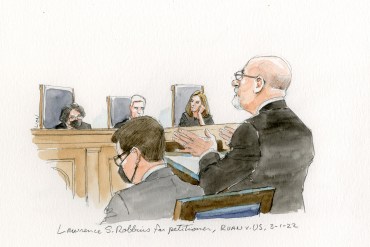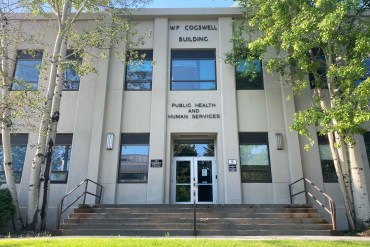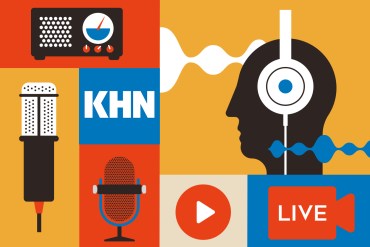When Monkeypox Reaches Rural Communities, It Collides With Strained Public Health Systems
In Nevada, local health officials are assessing the threat of monkeypox, but their response may be hampered by historically limited public health infrastructure worn thin by the covid-19 pandemic.
Montana Backs Away From Innovative Hospital Payment Model. Other States Are Watching.
Montana has been a national model for how employers could gain control and transparency over medical bills. Upcoming changes to its model have health care price experts wondering whether the state is making improvements or losing focus.
States Opting Out of a Federal Program That Tracks Teen Behavior as Youth Mental Health Worsens
Colorado, Florida, and Idaho are the latest states to opt out of a survey that tracks concerning behaviors in high school students. Officials cite low participation and state laws that require parental permission. But some advocates say dwindling state participation is an “enormous loss” that will make it harder to track signs of poor mental health — like drug and alcohol misuse and suicidal ideation — among teens.
5 Things to Know About Montana’s ‘Born Alive’ Ballot Initiative
A ballot measure that seeks to protect infants following failed abortions would impose stiff penalties on health care providers in Montana.
Say What? Hearing Aids Available Over-the-Counter for as Low as $199, and Without a Prescription
The cheaper over-the-counter aids are for adults with mild to moderate hearing loss — a market of tens of millions of people, many of whom have until now been priced out because prescription devices can cost thousands of dollars.
5 Things to Know About Colorado’s Psychedelics Ballot Initiative
The good, the bad, and the unknown about the Centennial State’s proposal to decriminalize and regulate magic mushrooms and plant-based psychedelics.
Baby, That Bill Is High: Private Equity ‘Gambit’ Squeezes Excessive ER Charges From Routine Births
Hospitals, boosted by private equity-backed staffing companies, have embraced a new idea: the obstetrics emergency department. Often, it is just a triage room in the labor-and-delivery area, but it bills like the main emergency department.
Climate Change Magnifies Health Impacts of Wildfire Smoke in Care Deserts
Smoke- and ash-filled air can trigger or exacerbate severe respiratory conditions. But the medical specialists who treat these illnesses are often scarce where they are most in need.
If You’re Worried About the Environment, Consider Being Composted When You Die
The idea of human composting — to help restore a forest or grow flowers — may be a little off-putting to some, but it has many advantages over traditional-but-toxic methods of burial and cremation.
Mental Health Crisis Teams Aren’t Just for Cities Anymore
In many cities, social workers and counselors are responding to mental health emergencies that used to be solely handled by police. That approach is spreading to rural areas even though mental health professionals are scarcer and travel distances are longer.
Sports Programs in States in Northern Climes Face a New Opponent: Scorching Septembers
Montana and many other states in the northern U.S. have not updated their policies to keep young athletes safe from heatstroke amid rising temperatures.
Montana Health Officials Aim to Boost Oversight of Nonprofit Hospitals’ Giving
Montana is one of the latest states seeking to increase oversight of nonprofit hospitals’ giving to ensure they justify their tax-exempt status.
Shattered Dreams and Bills in the Millions: Losing a Baby in America
On top of fearing for their children’s lives, new parents of very fragile, very sick infants can face exorbitant hospital bills — even if they have insurance. Medical bills don’t go away if a child dies.
Death Is Anything but a Dying Business as Private Equity Cashes In
Investors are banking on increased demand in death care services as 73 million baby boomers near the end of their lives.
Centene to Pay $166 Million to Texas in Medicaid Drug Pricing Settlement
Texas is at least the 12th state to settle with St. Louis-based Centene Corp. over allegations that it overcharged Medicaid prescription drug programs.
Doctors Rush to Use Supreme Court Ruling to Escape Opioid Charges
After a unanimous ruling from the high court, doctors who are accused of writing irresponsible prescriptions can go to trial with a new defense: It wasn’t on purpose.
Many Refugees Dealing With Trauma Face Obstacles to Mental Health Care
Refugees are arriving in the U.S. in greater numbers after a 40-year low, prompting some health professionals to rethink ways to provide culturally competent care amid a shortage of mental health services.
Montana Health Department Seeks to Ax Board That Hears Public Assistance Appeals
Applicants for cash, food, and health care assistance would need to go to court to appeal rejections if the Montana legislature approves a proposal to eliminate the Board of Public Assistance.
Journalists Delve Into Inflation Policy, Hospital Closures, and Needle Exchanges
KHN and California Healthline staff made the rounds on national and local media this week to discuss their stories. Here’s a collection of their appearances.
In an industry obsessed with consumer satisfaction national patient surveys still don’t get at an important question: Are hospitals delivering culturally competent care?




